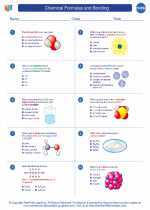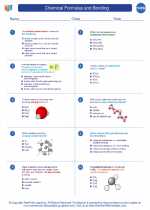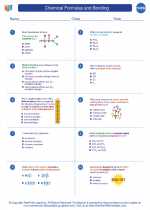Economics
Introduction to Economics
Economics is the study of how individuals, businesses, and governments allocate resources to satisfy their needs and wants. It is a social science that examines the production, distribution, and consumption of goods and services.
Key Concepts in Economics
- Supply and Demand: The fundamental concept of economics that explains how prices are determined in a market economy.
- Opportunity Cost: The cost of choosing one alternative over another, taking into account the next best alternative that is foregone.
- Market Structures: The different types of market structures such as perfect competition, monopoly, oligopoly, and monopolistic competition.
- Gross Domestic Product (GDP): The total value of all goods and services produced within a country's borders in a specific time period.
- Inflation and Unemployment: Two key macroeconomic indicators that reflect the overall health of an economy.
Branches of Economics
Economics is divided into several branches, including:
- Microeconomics: Focuses on the behavior of individuals, firms, and industries, and the allocation of resources at the micro level.
- Macroeconomics: Examines the overall performance and behavior of the economy as a whole, including topics such as inflation, unemployment, and economic growth.
- International Economics: Studies the flow of goods, services, and capital across international borders.
- Public Economics: Analyzes the role of government in the economy, including taxation, public expenditures, and public goods.
Key Economic Theories
Several important economic theories have shaped the discipline of economics, including:
- Classical Economics: Emphasizes the importance of free markets and minimal government intervention in the economy.
- Keynesian Economics: Advocates for government intervention to manage aggregate demand and stabilize the economy during economic downturns.
- Neoclassical Economics: Focuses on the individual's rational decision-making based on maximizing utility and firms' profit maximization.
- Monetarist Economics: Stresses the role of the money supply in influencing economic activity and inflation.
Studying Economics
To succeed in economics, students should:
- Understand and apply economic concepts and theories to real-world situations.
- Analyze and interpret economic data and graphs.
- Develop critical thinking and problem-solving skills to evaluate economic issues and policies.
- Stay updated on current economic events and trends.
- Practice with sample questions and case studies to prepare for exams.
Conclusion
Economics plays a crucial role in understanding how societies allocate scarce resources to satisfy unlimited wants and needs. By studying economics, individuals gain insights into the functioning of markets, the role of government in the economy, and the factors influencing economic growth and development.
.◂Chemistry Worksheets and Study Guides High School. Chemical Formulas and Bonding
Worksheet/Answer key Chemical Formulas and Bonding
Chemical Formulas and Bonding  Worksheet/Answer key
Worksheet/Answer key Chemical Formulas and Bonding
Chemical Formulas and Bonding  Worksheet/Answer key
Worksheet/Answer key Chemical Formulas and Bonding
Chemical Formulas and Bonding 

 Worksheet/Answer key
Worksheet/Answer key
 Worksheet/Answer key
Worksheet/Answer key

The resources above cover the following skills:
PHYSICAL SCIENCE (NGSS)
Matter and Its Interactions
Students who demonstrate understanding can:
Plan and conduct an investigation to gather evidence to compare the structure of substances at the bulk scale to infer the strength of electrical forces between particles.